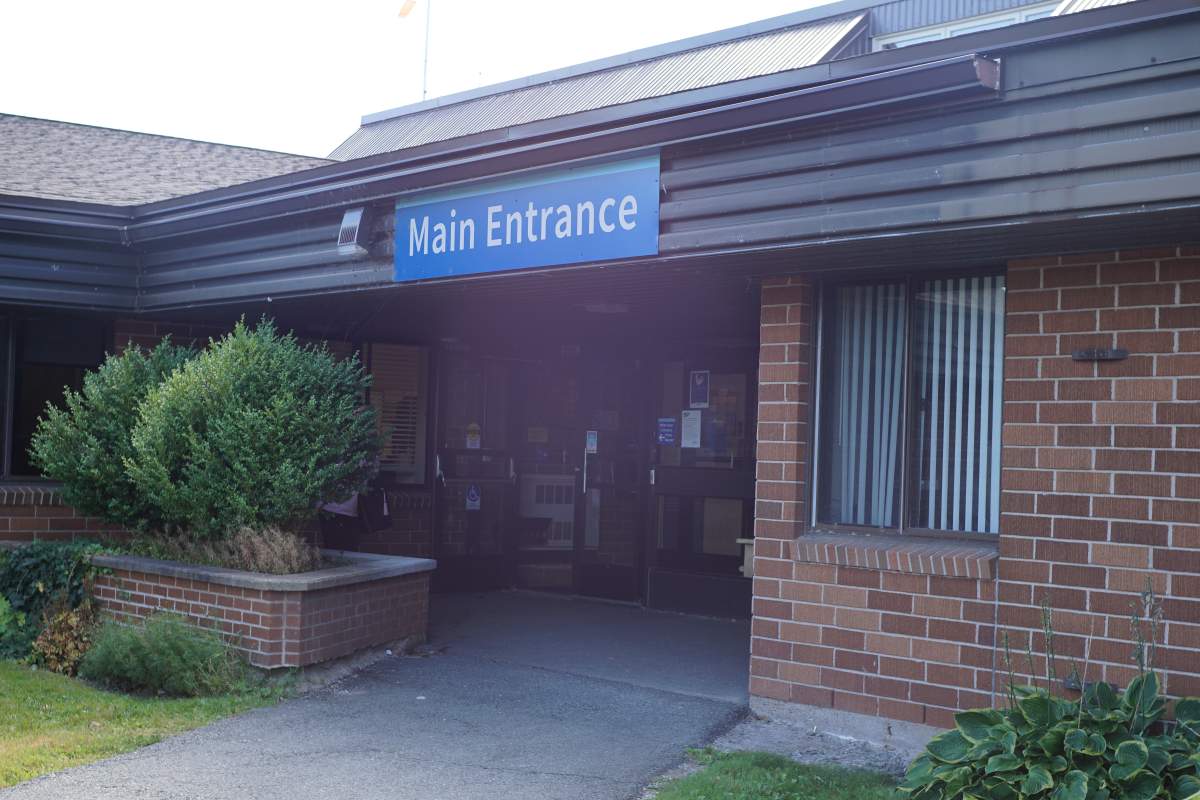The front lines of health care in rural Nova Scotia communities remain passionate about patient care, even when faced with challenges beyond their control.

“When people come and we’re closed, there’s a range of emotions that we deal with,” said Andrea van Hal, a registered nurse prescriber with more than 20 years of experience.
“We have empathy and understanding but also experience a lot of anger and frustration from people. And it really all stems from fear in not being able to get access for themselves or their loved ones,” van Hal said.
The registered nurse is part of a tight-knit health-care team at Twin Oaks Memorial Hospital in Musquodoboit Harbour, N.S.
She says even when faced with limited resources, staff will often work 24-hour shifts to try and avoid having to close their emergency department doors temporarily.
“Closing the emergency department is kind of the last, the last resort. So, typically what leads to that is staffing, whether it be a physician gap, or whether it be nursing,” she said.
Although physician and nurse shortages are a province-wide issue, the outcome of those shortages in rural hospitals often leads to limitations in emergency care.

Get weekly health news
“Even calling an ambulance could be a lengthy delay as well because of the pressures on them. So, knowing that they don’t have access to these community hospitals, it does create a lot of fear in the community and a lot of stress,” van Hal said.
According to Nova Scotia Health data, in 2018 Twin Oak’s emergency department was closed for 159 hours.
In 2019 it was closed for 560 hours, increasing to 1,059 closed hours in 2021.
When a temporary emergency department closure is in effect, van Hal says people are still assessed at the door. If they’re in need of critical care, she says the nurse’s only option is to call 911.
“Nothing about turning people away feels good from the health-care perspective. It doesn’t feel good to not be able to provide care,” she said.
Van Hal recently completed a new provincial program that expands the scope of nurses to include the ability to prescribe medications.
She is hopeful that these types of innovative solutions along with active recruitment efforts will lead to a strengthened health-care system for Nova Scotia.
“I really do believe that we can do better and that people deserve better access to care.”









Comments
Want to discuss? Please read our Commenting Policy first.